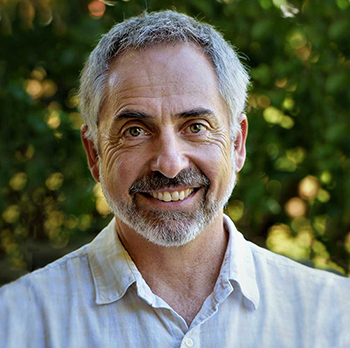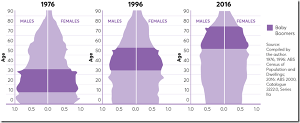
Secure Medical Communication
The principles of secure communication using public key encryption were uncovered 40 years and have been implemented in medical communication in Australia for over 25 years.
The details of the process, asymmetric encryption, are well described and cryptography is an increasingly important area of computer science. Online explanations abound and vary from the very technical to the overly simplified. The latter appearing trivially so at times.
Most end users merely want to know that their communication is secure and that the padlock in their browser or email client means something.
- Details
- Written by: David Guest

Getting us moving
Canberra has released a 10-year plan to make Australian sport cleaner and more competitive, and to reduce the population’s inactivity by 15 per cent. Robin Osborne runs through the National Sport Plan known as “Sport 2030”.
In late July the Federal government launched the 71-page “Sport 2030” roadmap for how sport and physical activity might best be planned and administered over the next decade. Perhaps unsurprisingly, most media focus was on strategies aimed at achieving sporting excellence (gaining more Olympic medals, finding the next Cadel Evans etc), safeguarding the integrity of sport (doping and sports gambling), and strengthening Australia’s sports industry (e.g. the future of the AIS et al)
- Details
- Written by: Robin Osborne

I'm losing my patients
When I was a final year medical student in 1981, I did an elective term in USA. While I was there, I was introduced to “The House of God”. This irreverent novel about the life of interns and residents in a big teaching hospital became my bible for my first years as a doctor. I have continued to find some of the “Laws of the House of God” to be helpful as I navigate the rocky path of being a human being and a doctor.
“The aim of good medical care is to do as much of nothing as possible,” and “If you don’t take a temperature, you’ll never find a fever” have been particularly helpful signposts in general practice. But the law which I have tried to follow most closely is “Always remember, the patient is the one with the disease.” As someone with a tendency to over empathise, holding these simple words in my mind has been extremely helpful.
- Details
- Written by: Dr Hilton Koppe

Splendid response to chlamydia testing
A chlamydia testing program at the recent Splendour in the Grass festival near Byron Bay met with a positive response from patrons, with more than 1000 young people attending the NSW Health ‘VIP zone’ to contribute urine samples.
The zone provided participants with a clean toilet, phone charging and the opportunity to freshen up their make-up, according to Marty Janssen from the NSW STI Programs Unit. He said the ‘Down to Test’ team collaborated with the Positive Adolescent Sexual Health (PASH) Consortium and the North Coast HIV and Related Programs (HARP) to enhance the range of sexual health promotion services available to festivalgoers.
“Young people with a negative result were contacted by SMS, while those with a positive result were contacted by a sexual health nurse from NSW Sexual Health Info-Link to inform them of diagnosis, and arrange treatment.
- Details

Medicine has become acutely chronic
In 1979, when I started in GP practice, some 80% of my patients presented with an acute problem. Now I estimate the same quantum has one or more chronic diseases. The Medibank scheme started in 1975 (it became Medicare under Hawke in 1984) and the standard consultation was described and given a monetary value.
The descriptor basically said take a history, examine the patient, investigate as appropriate, implement a management plan, provide appropriate preventive health care and document this record on the one or more presenting health- related issues.
Fair enough for a sore throat or ‘flu like’ presentation but what about the patient with one or more chronic diseases, who is likely to have multiple medications and many complex physical and/or psychological health issues?
- Details
- Written by: Andrew Binns
Page 89 of 177















